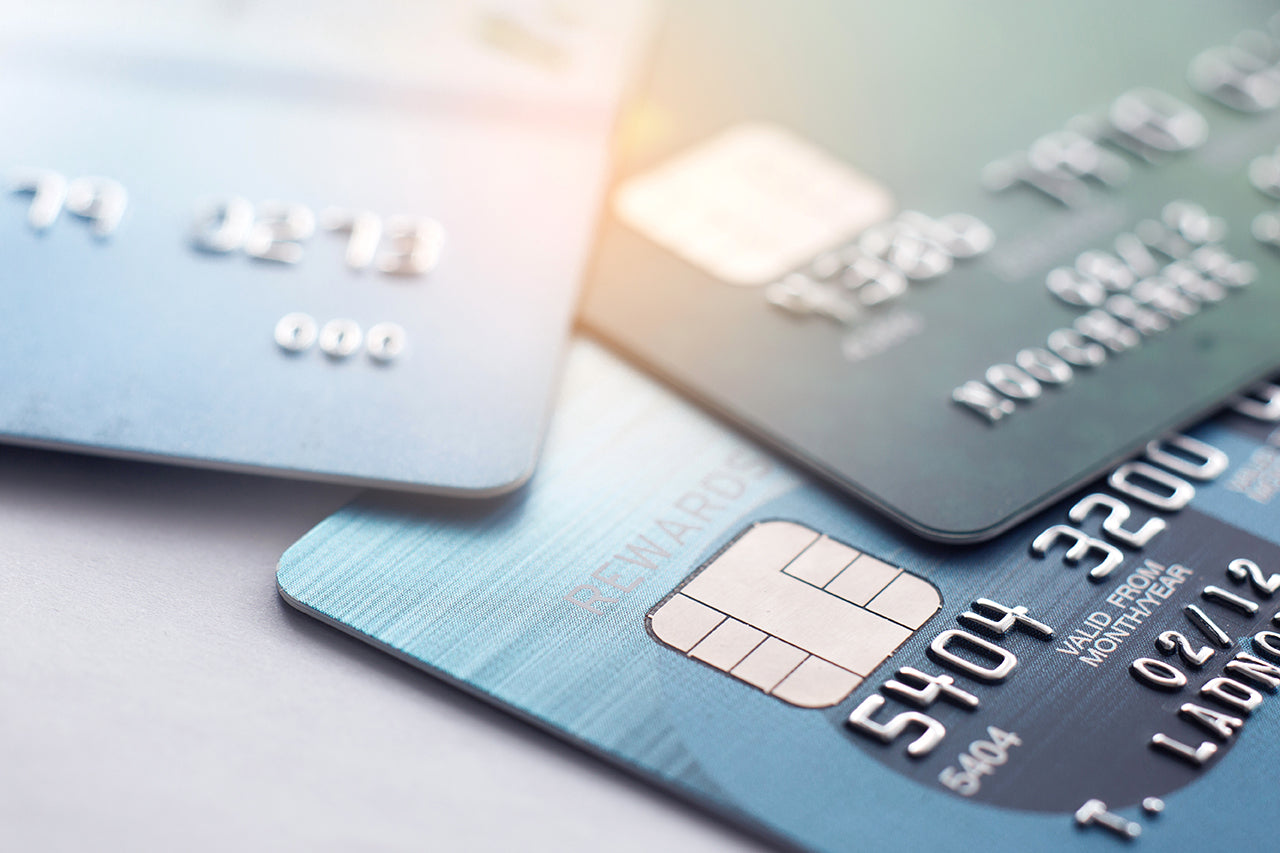Your credit score is one of the main things that lenders and creditors review to determine your creditworthiness. It affects everything from initial eligibility to interest rates and terms.
Typically, a score of 650 or better is necessary to qualify for the most favorable rates. The best rates, however, often require a score of 750 or better. So even if you already have a decent score, there’s almost always room for small improvements that can make a big difference in the long run.
Don’t worry if your credit score is currently low because there are several things you can do to raise it relatively quickly. In fact, if your score is low, you can actually raise it much faster and easier than if it was already quite high. We’ve compiled a list below of some of the easiest ways to raise your score in the shortest period of time.
1. Set up autopay or add reminders for bill due dates.
No single strategy will have a bigger impact on your credit score than ensuring that you make your payments on time! Making late payments or skipping payments all together will absolutely destroy your credit-building efforts so this should be priority one.
Most creditors now offer automated payments that are debited directly from your bank account each month. This completely eliminates the possibility of missing a payment date. Not only is it super convenient and will raise your score as new payments are made on time, but you may even qualify for a lower interest rate!
If cash flow is tight and you’re concerned about money being automatically deducted from your bank account, a simple reminder on your phone to make the payment manually could work as well. Another strategy would be to combine both the automated payments and the reminders so you’d have an opportunity to move funds around if necessary to avoid any overdraft fees.
2. Make frequent micropayments throughout the month to keep your balance low.
The next most important factor affecting your credit score after payment history is your debt to credit ratio. This is just a fancy way of saying how much of your available credit has been used. For example, if you have $10k in available credit and you have a debt balance of $5k, you’ve used 50% of your available credit.
Making multiple small payments throughout the month ensures that you’re not carrying more debt than absolutely necessary. By keeping your balances as low as possible, your debt to credit ratio will always be as low as possible and your credit score will raise as a result.
Making bi-weekly payments, for example, not only keeps your balance lower, but it will also make easier to pay off the entire balance by the end of the month. This is the holy grail of credit strategies since not only will it raise your score, but you’ll also see huge savings on interest charges by not carrying balances forward.
3. Ask for higher credit limits.
As discussed previously, your debt to credit ratio is one of the single most important factors affecting your credit score. We talked about improving this number by lowering your debt, but it can also be improved by increasing your credit.
Even if your debt balance remains the same, your debt to credit ratio will decrease if your credit limits increase. This doesn’t mean that you should go and apply for as many credit cards as possible, however.
The key is to call your credit providers and ask if you can get a higher limit on your existing accounts without a “hard” credit inquiry, which can temporarily drop your score. If you have a positive history with the creditor and haven’t received an increase in a while, they’ll likely reward your loyalty. One simple phone call could considerably improve your debt to credit ratio and raise your credit score.
If you're unable to obtain credit line increases on your existing accounts, then applying for a new card can achieve the same goal. While this may result in a temporary drop in score due to the required credit inquiry, the improvement in your debt-to-credit ratio will ultimately result in a higher score.
4. Keep credit cards open.
Staying with the theme of improving your debt-to-credit ratio, keeping credit cards and other lines of credit open will ensure your available credit always remains as high as possible. This will keep your debt-to-credit ratio low and your score high.
Closing accounts will remove the entire line of credit from your overall total and have an immediate negative effective on your credit score. You can certainly choose not to use the available credit, but don't simply close the account. This only applies to accounts with no ongoing fees, however. If there are annual fees involved, it’s best to just close the account if you’re not using it.
5. Review your credit report and dispute any errors.
Everyone is entitled to a free annual credit report from each of the three credit reporting agencies: Experian, Equifax, and TransUnion. Due to the COVID-19 pandemic, they’re currently offering free reports weekly so it’s easier than ever before to stay on top of your credit information.
A mistake on one of your reports could be pulling down your credit score and having it removed could improve your credit fast. Common errors include payments marked late that were actually on time and other negative remarks too old to be listed anymore.
Each reporting agency makes disputes relatively easy and once initiated, they’ll have 30 days to investigate and respond. Note that many third-party companies will offer to open an inquiry on your behalf and charge you for the service. Avoid this if possible since you can easily dispute any information yourself for free.
6. Get a secured credit card.
Utilizing a secured credit card is a popular way to create a positive credit history. Whether you’re trying to build credit from scratch or just improve your score, a secured credit card can help.
This type of credit card is backed by a cash deposit that you pay upfront and the limit is typically the same as your deposit. You use it like any other card and your on-time payments build a positive credit history that improves your score over time.
7. Become an authorized user on someone else’s card.
If your credit history isn’t that great and you have a family member or close friend with a record of responsible credit use, consider asking to be added to one of their accounts as an authorized user.
The account owner doesn’t have to let you use the card or share any account information. By simply being listed as a user on their account, you can benefit from their positive credit history.
In addition to their existing credit history, you’ll also benefit from their continued on-time payments. Their credit line will even add to your available credit, lowering your total debt-to-credit ratio. That’s three separate ways that becoming an authorized user alone could raise your score!




